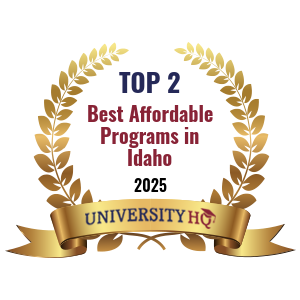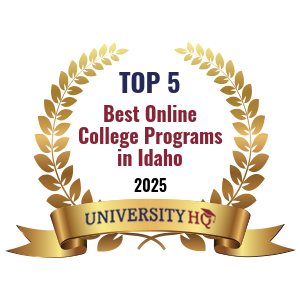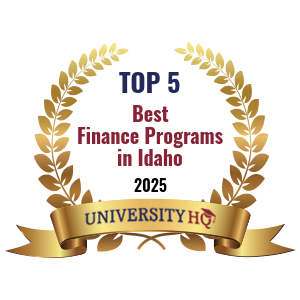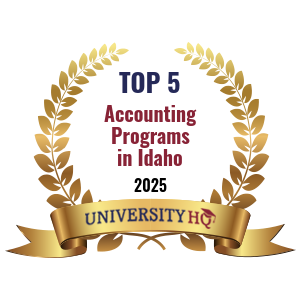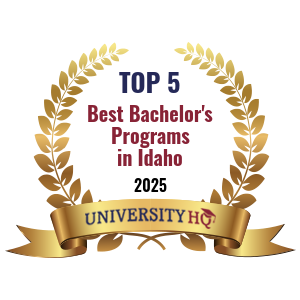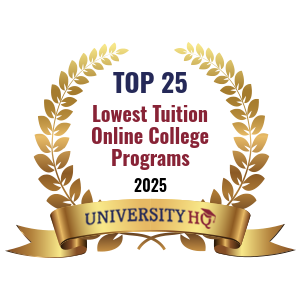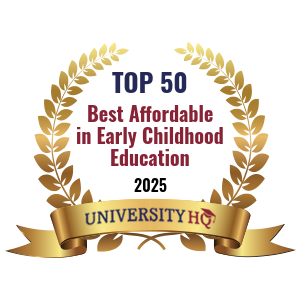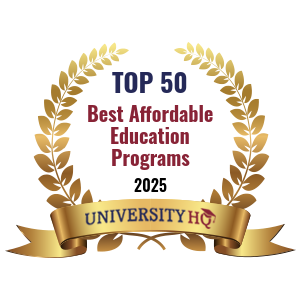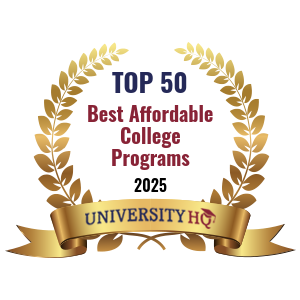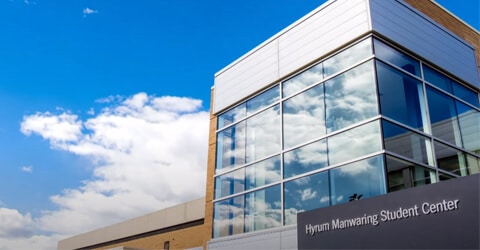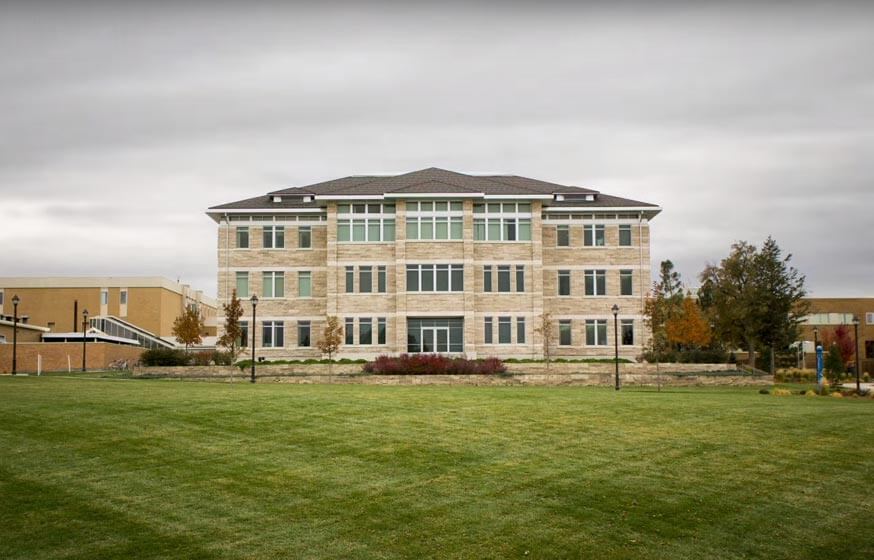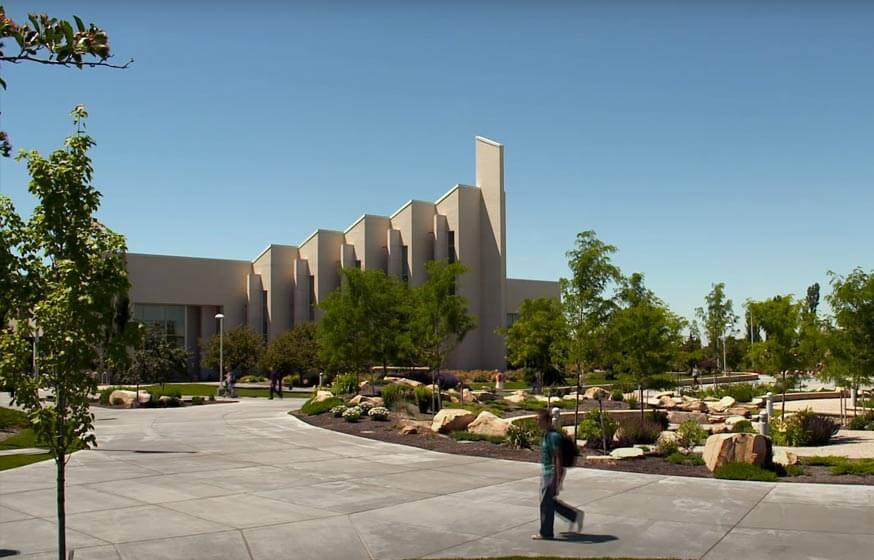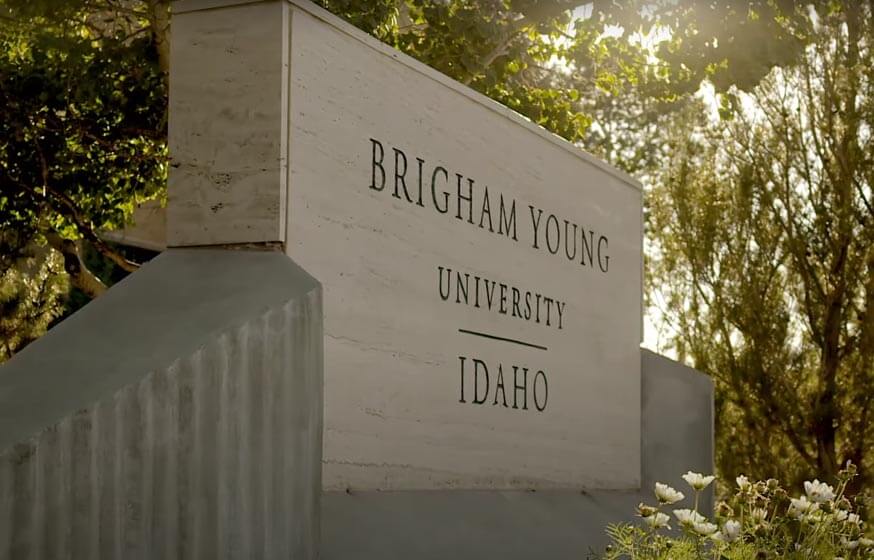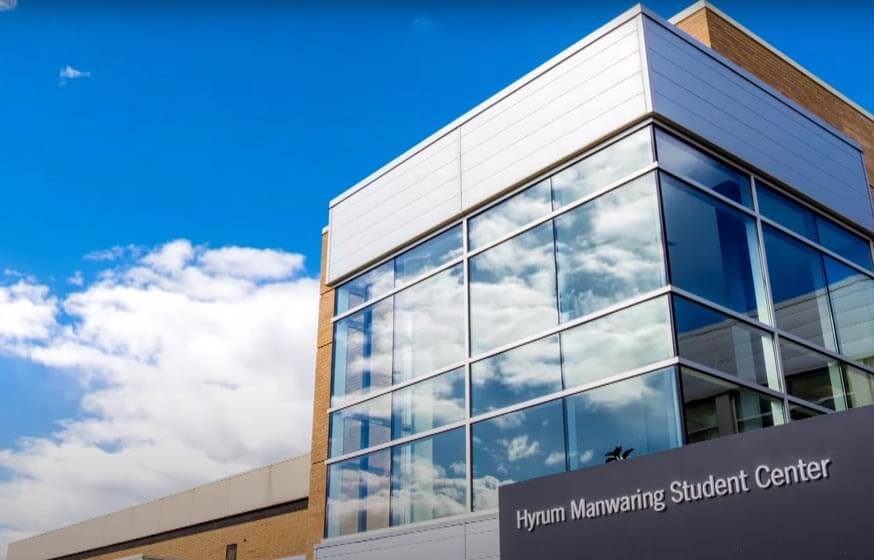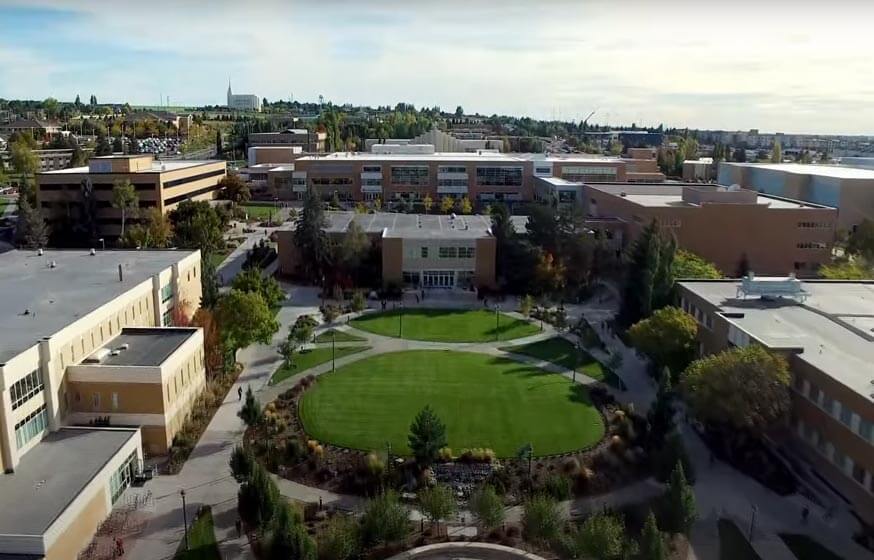Get Matched With Online Colleges
If you're looking for a Christian school with a wholesome environment, Brigham Young University in Idaho offers that unique college experience. Their goal is to prepare students for employment as well as leadership roles in the home, community, and Church.
BYU-Idaho helps students discover who they are and helps them to achieve their full potential. Recently, a study compared students at universities across the nation in the areas of critical thinking and writing. Freshmen at BYU-Idaho scored in the 62nd percentile, but by graduation they had a 20-point gain, which was one of the highest increases nationwide.
Search All Programs
Overview of Brigham Young University–Idaho (BYU-Idaho)
Real-world experience is crucial at BYU-Idaho. They offer thousands of participation opportunities in many areas outside of the classroom, from sports to arts, services, and much more. All programs are student-led and organized to help them develop confidence and the valuable skills employers seek.
Faculty at BYU prioritize mentoring and teaching. They are experts in their fields and enjoy face-to-face interaction to help each individual because student success is crucial. Brigham Young University in Idaho is a place to learn and grow both educationally and spiritually. The unique environment at this school needs to be experienced to be fully appreciated.
General Information
| School Type | Private not-for-profit |
|---|---|
| Campus Setting | Town: Distant |
| Campus Housing | Yes |
| Student Faculty Ratio | 19:1 |
| Graduation Rate | 60% |
| Year Founded | 1888 |
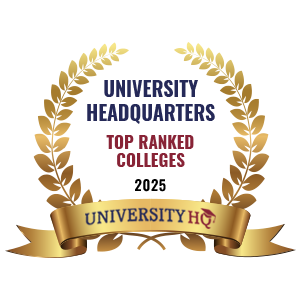
Student Enrollment
Total Students39,145
39,145
NA
Undergraduate Student
Male 16,832
Female 22,313
Graduate Student
Male NA
Female NA
Explore Map
Top Rankings For Brigham Young University–Idaho
BYU-Idaho Acceptance Rate and Admissions
APPLICATION9,762
ACCEPTANCE9,372
Acceptance Rate96%
Enrollment 5,248
| Admissions | |
|---|---|
| Application Fee | $35 |
| High School GPA | Required |
| High School Rank | NA |
| High School Transcripts | Recommended |
| College Prep Courses | Recommended |
| Recommendations | Required |
| SAT/ACT | Required |
| TOEFL (Test of English as a Foreign Language) | Required |
| Application Deadline | August 1 |
| Common Application Accepted | No |
BYU-Idaho Tuition Cost & Financial Aid
For individuals considering attending a college or university, one of the first things they might think of is how much it will cost. Tuition is the biggest concern among potential students and their families. However, seeing the tuition rates can be a little misleading, as those rates do not include the reductions the student could receive.
Billions of dollars are awarded every year in financial aid for those who qualify. Things like grants, loans, scholarships, and work-study programs can decrease the out-of-pocket cost considerably. By utilizing financial aid, college becomes much more affordable. As one of the best investments you can make in your future, you need to explore all of your aid options.
BYU-Idaho believes it is vital to offer top-quality education at the lowest cost possible to cater to as many students as they can. That mission can mean significant savings for the students and families. In addition to federal financial aid, the school offers a Thomas E. Ricks Grant every year for students who academically qualify. There are also grants available based on internship and talent. Be sure to talk with a financial aid advisor at BYU-Idaho to find out what you may qualify to receive.
At the Brigham Young University in Idaho, the average net cost of tuition (the cost with financial aid applied) is a shockingly low $7,038.
| Average net price | 2018-2019 |
|---|---|
| Net Price | $7,038 |
| Average Total Aid | $4,899 |
| Students Receiving Financial Aid | 61% |
| Room & Board | $4,368 |
Sticker Price
- Tuition In-State - $4,208
- Tuition Out-of-State - $4,208
- Books and Supplies - $400
- Room & Board - $4,368
- Other - $3,472
Academics
One feature that BYU-Idaho offers that is special is their I-Plan graduate planner. This online tool allows students to plan the degree they've chosen and adjust it at will. Students can create secondary plans as well as change their majors, all from this handy online portal.
Another nifty resource offered by the university is its career exploration assessments. They offer three different tests to help students learn about their personality type, what their interests are, and what some other career options could be.
The retention rate for full-time students is 70% and 51% for part-time, while the graduation rate is 60%. Those rates are in combination with a 19 to 1 student-to-faculty ratio.
Freshman year is a new and sometimes stressful experience for several students. How well they can get through that first year with the help of their school and its resources is a contributing factor to whether or not they return for future semesters and eventually graduate with a degree. A student returning for their sophomore year and successfully making it through to diploma achievement gets measured in the retention rate and graduation rate. The average retention rate across the nation is 78%. A school that has a high retention and graduation rate is more likely to have quality undergraduate support and education.
Retention
Rate
4 year
Graduation
Rate
6 year
Graduation
Rate
Student Population Total
Student Population 39,145
39,145
0
Most Popular Programs & Majors
(# of Diplomas Awarded by Subject)
| All Business Majors | 955 Total Graduates / 17% |
|---|---|
| Business Administration and Management, General | 643 Graduates |
| Accounting | 150 Graduates |
| Business, Management, Marketing, and Related Support Services, Other | 64 Graduates |
| Construction Management | 63 Graduates |
| Health Professions and Related Programs | 737 Total Graduates / 13% |
| Public Health Education and Promotion | 331 Graduates |
| Registered Nursing/Registered Nurse | 259 Graduates |
| Health/Health Care Administration/Management | 136 Graduates |
| Environmental Health | 8 Graduates |
| Liberal Arts and Sciences, General Studies and Humanities | 647 Total Graduates / 12% |
| General Studies | 619 Graduates |
| Humanities/Humanistic Studies | 28 Graduates |
| Family and Consumer Sciences/Human Sciences | 433 Total Graduates / 8% |
| Human Development and Family Studies, General | 343 Graduates |
| Child Development | 81 Graduates |
| Apparel and Textile Marketing Management | 9 Graduates |
| All Biological & Biomedical Majors | 422 Total Graduates / 8% |
| Exercise Physiology | 206 Graduates |
| Biology/Biological Sciences, General | 189 Graduates |
| Biochemistry | 25 Graduates |
| Biostatistics | 2 Graduates |
| All Other Diplomas | 42% |
Outcome & Salary
Everyone wants the best job opportunities available. That is why millions of students choose to attend a college or university each year. Their goal is to obtain a degree for career success. That valuable education gives them an edge over their counterparts who hold only a high school diploma. With that college degree, they can find more gainful employment options with greater ease.
With a BYU-Idaho degree, you can expect to earn around $55,200 annually at the beginning of your career, though that is an average across all graduates, so if you move into a highly lucrative career you can expect more. Once you reach the middle of your career the salary expectation is $101,900. The average salary for a college graduate in the US is $61,733, while, without a college degree, the average salary is $38,792.
| Graduates Salary | |
|---|---|
| College Grads Early Career Salary | $55,200 |
| College Grads Average Salary | $61,733 |
| College Grads Mid Career Salary | $101,900 |
| Return on Investment (ROI) | |
|---|---|
| 10 Year Salary Earnings Potential | $617,330 |
| 20 Year Salary Earnings Potential | $1,636,330 |
| Cost of Education (Net Price) 4 Year | $28,152 |
| 10 Year Projected ROI | $589,178 |
| 20 Year Projected ROI | $1,608,178 |
| No College Education Salary Comparison | |
|---|---|
| National Average Salary | $38,792 |
| 10 Year Projected Income | $387,920 |
| 20 Year Projected Income | $775,840 |
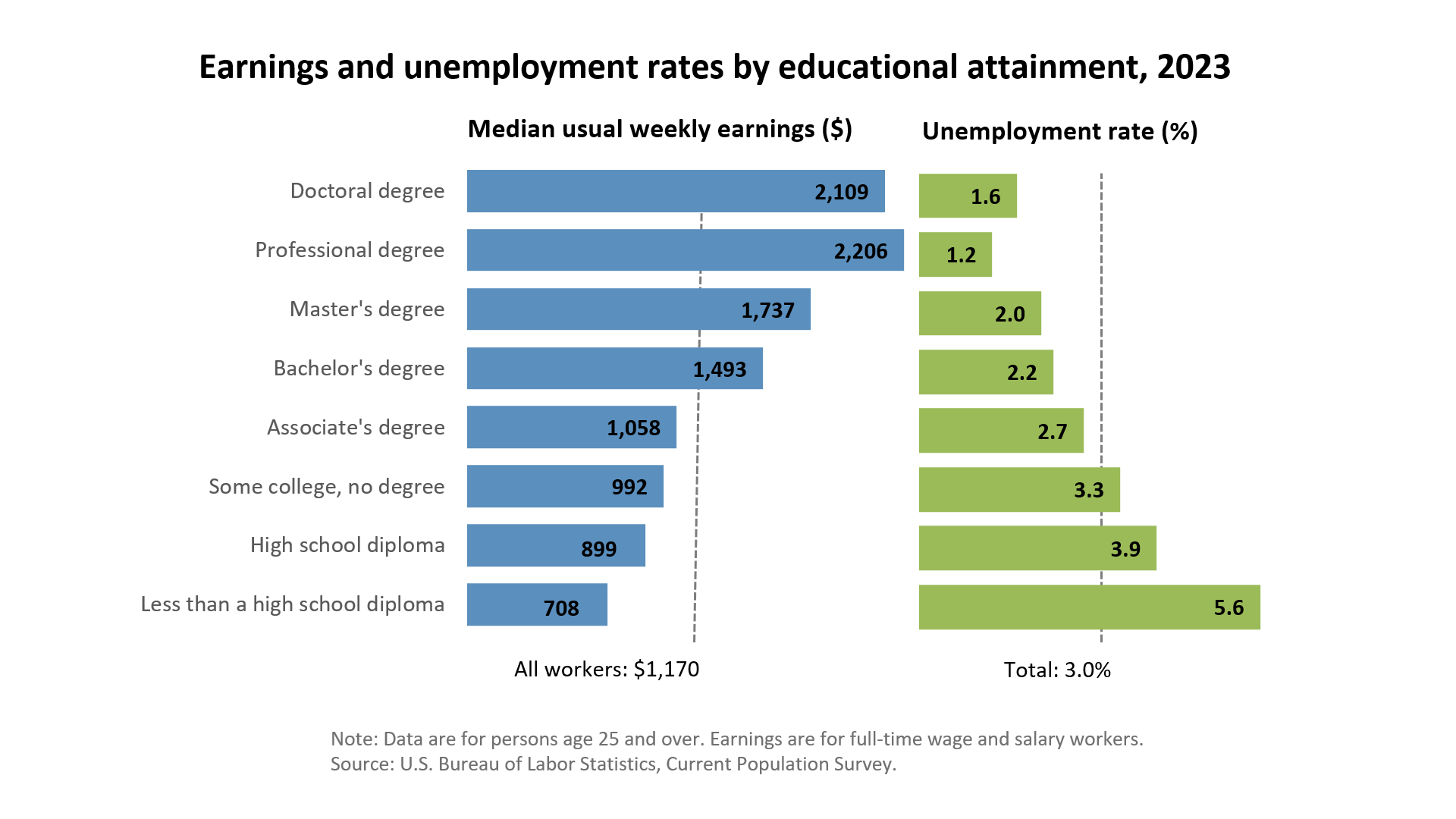
Related Top College Resources

